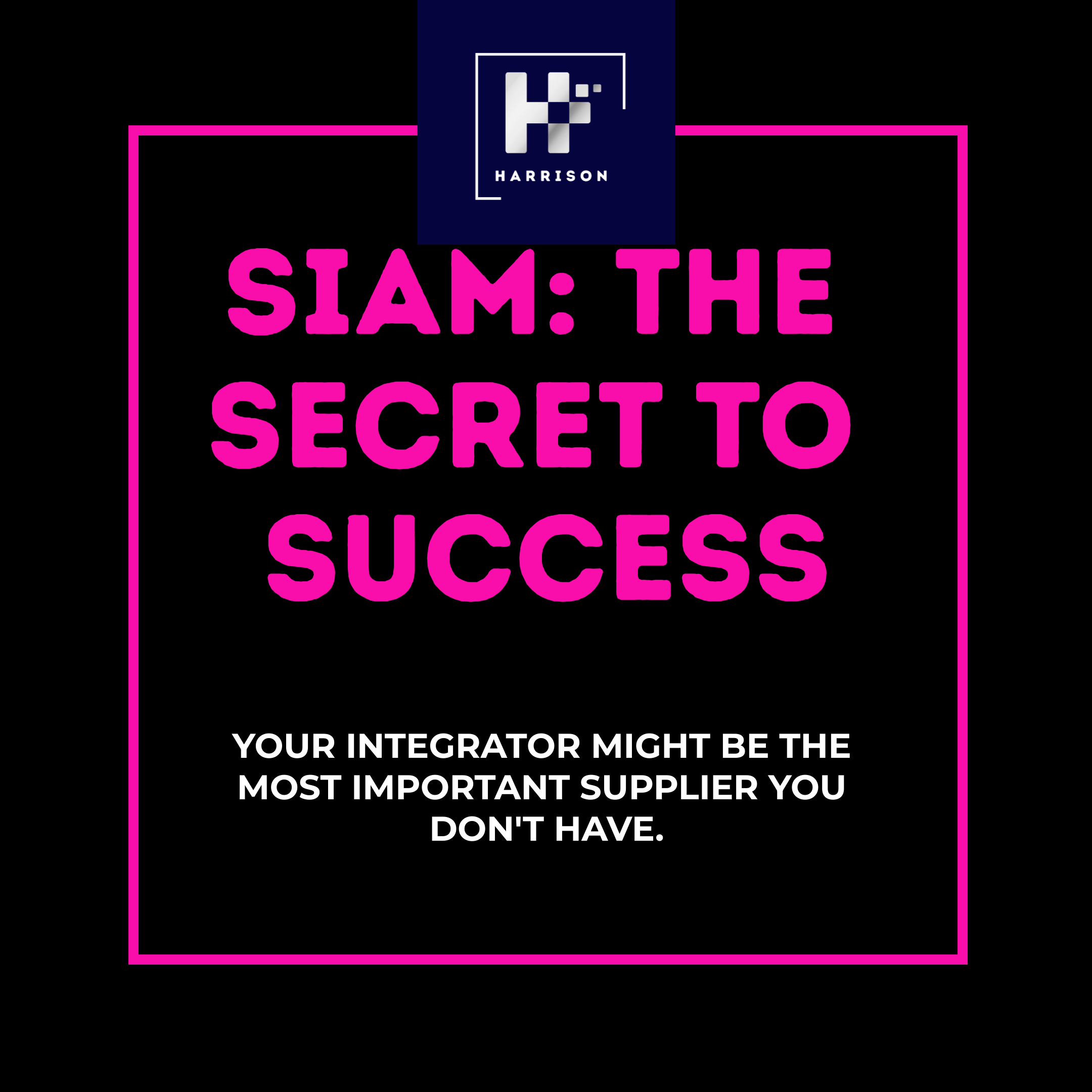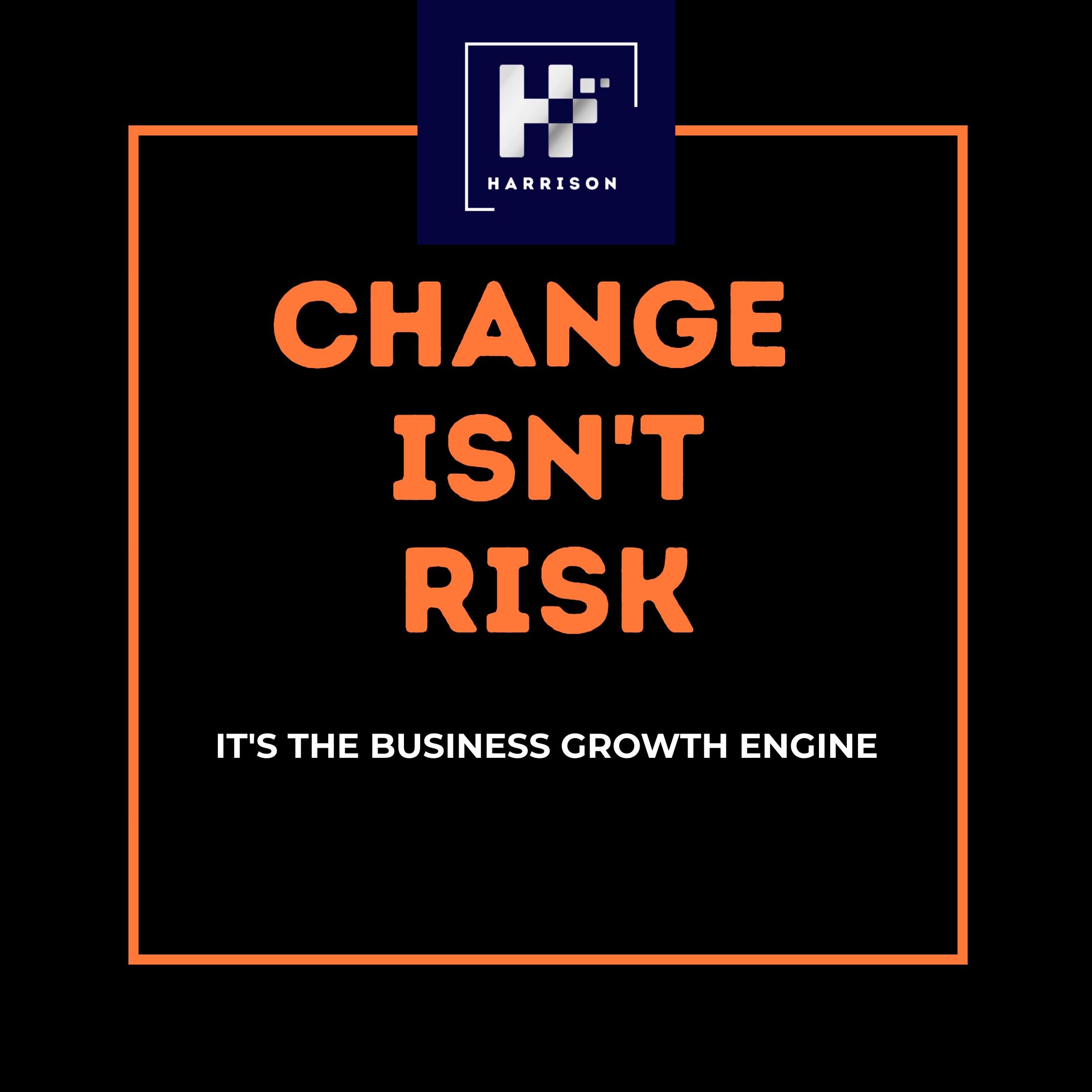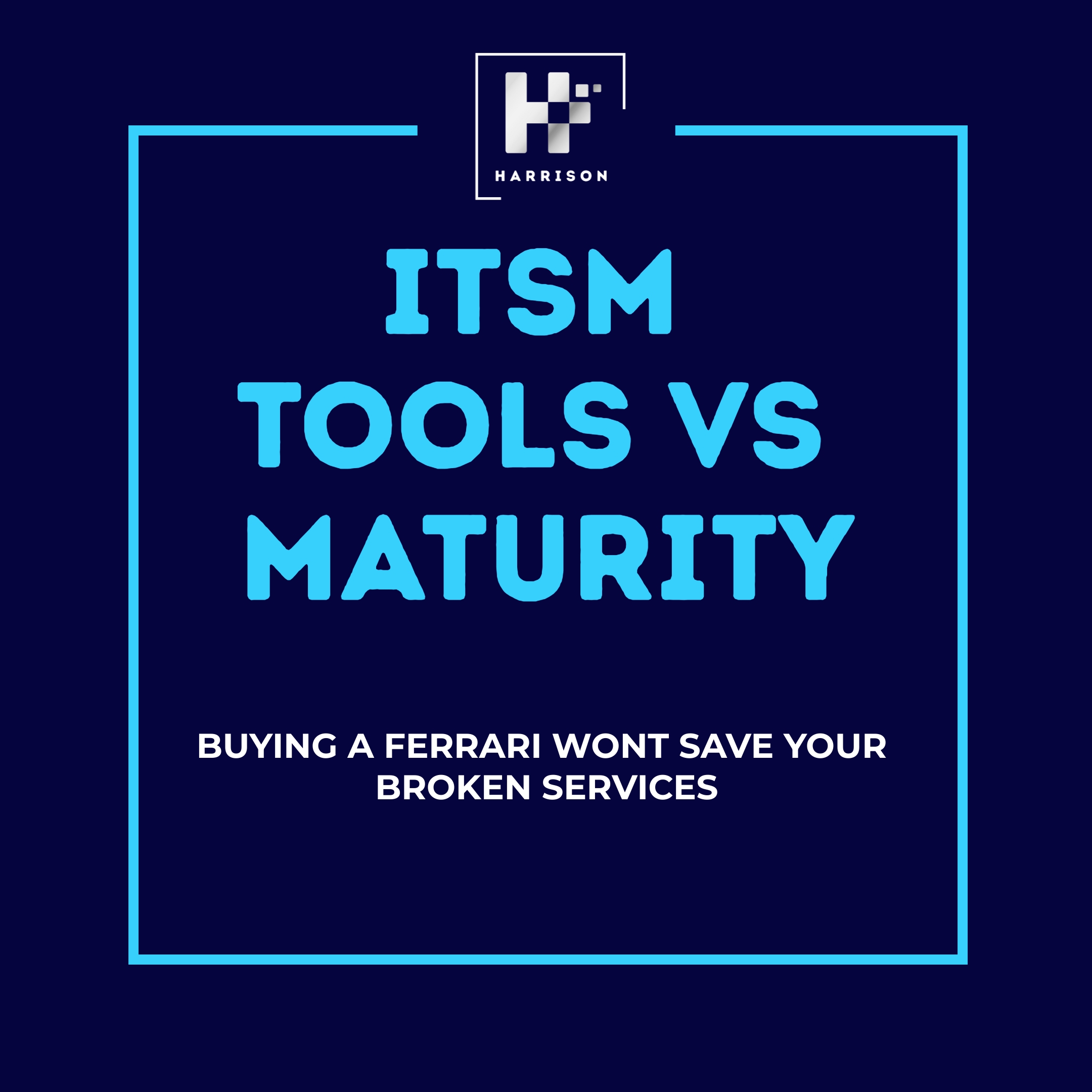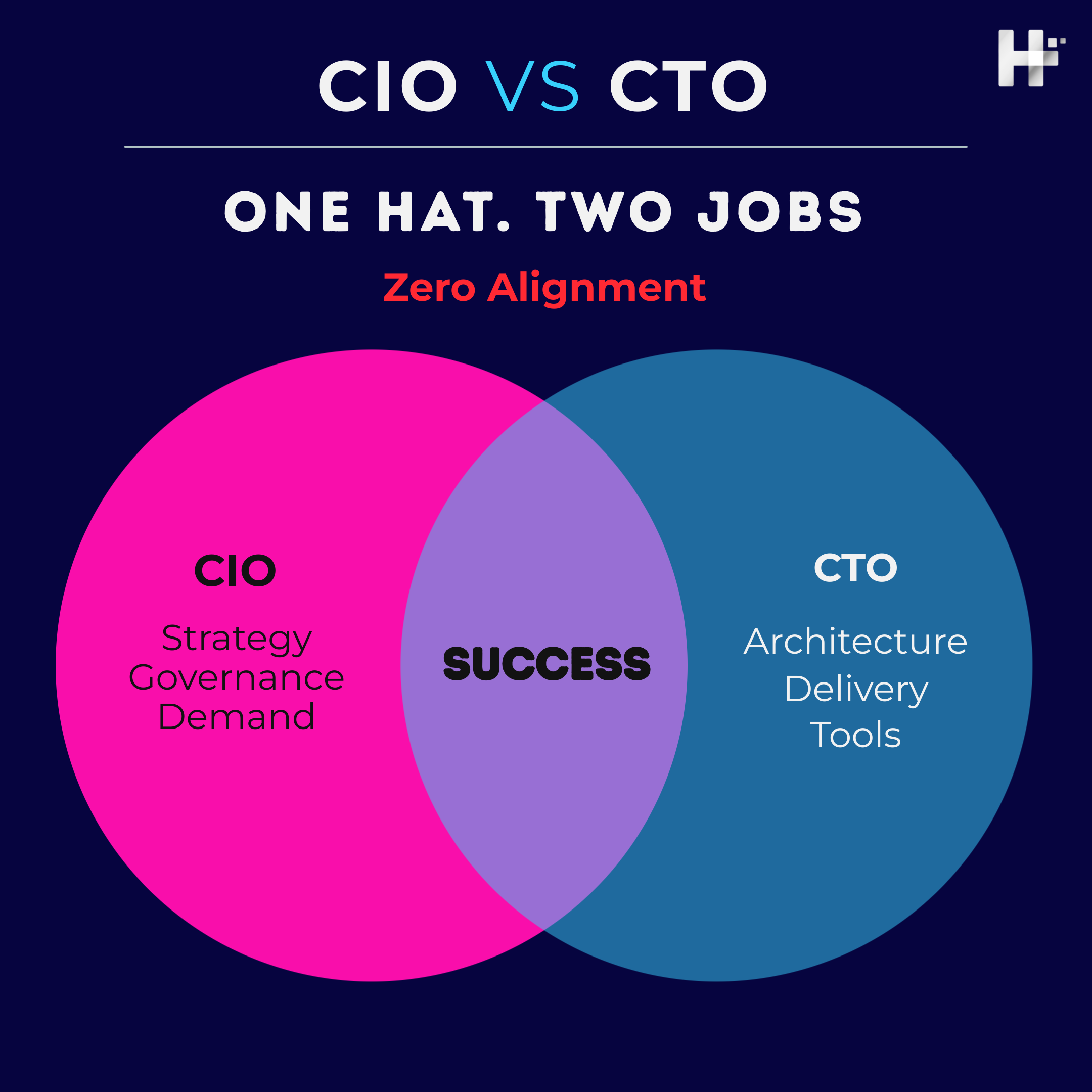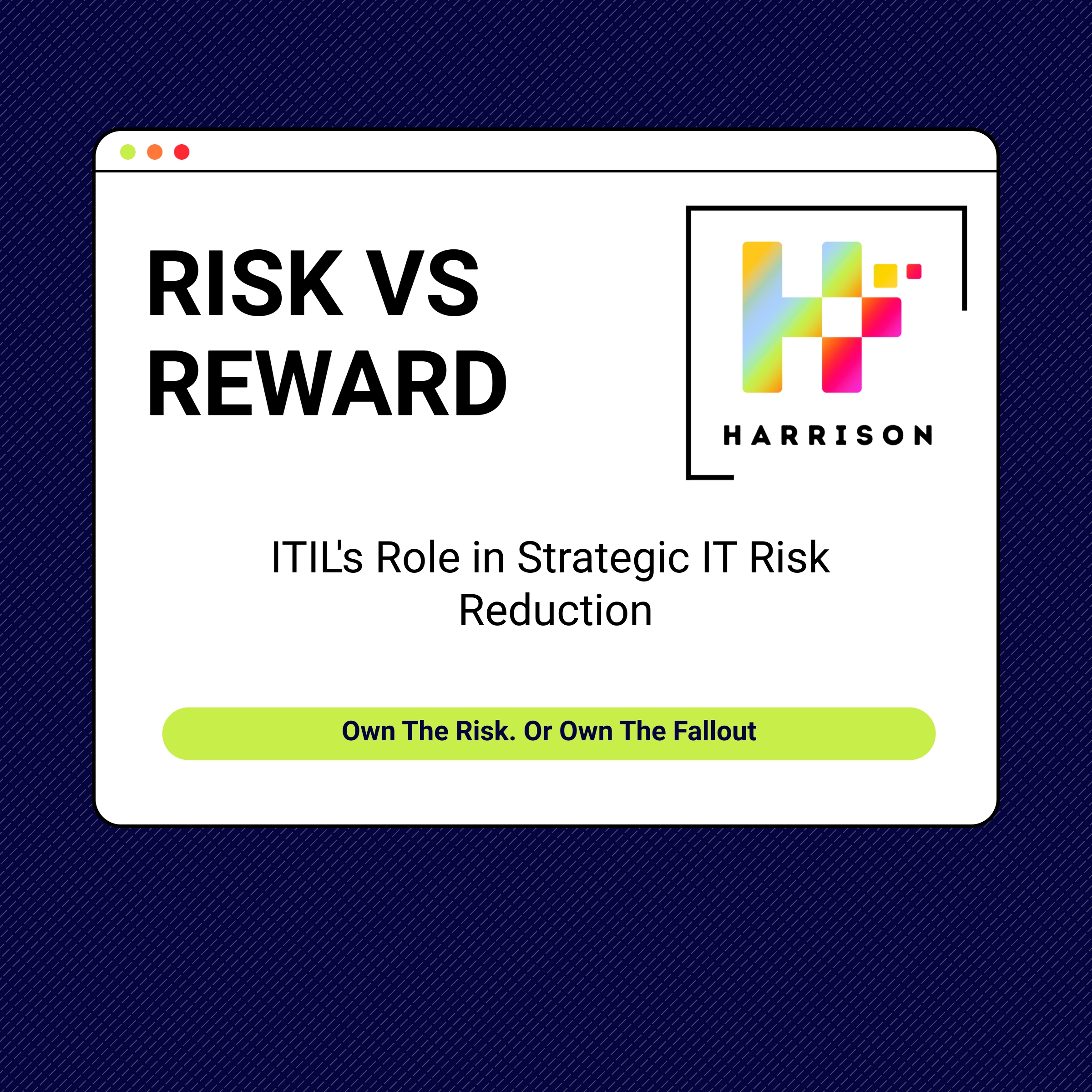Enterprise Service Management (ESM) Beyond IT: A Blueprint for Organisational Efficiency
Introduction
Enterprise Service Management (ESM) is no longer confined to IT. By extending ITSM principles across an organisation, ESM offers the potential to improve workflows, boost productivity, and break down operational silos. However, many organisations still underutilise ESM, failing to capitalise on its transformative potential.
This blog explores how ESM can drive value beyond IT, practical examples of its application, and the steps CIOs and IT leaders can take to implement it effectively.
Why Expand ESM Beyond IT?
At its core, ESM applies the frameworks and tools of ITSM to other areas of an organisation, such as HR, finance, and facilities management. This approach standardises workflows, improves transparency, and enables teams to deliver better services to employees and customers alike.
Key Benefits:
- Centralised Service Delivery: A unified platform for managing requests and workflows reduces complexity and confusion across departments.
- Improved Efficiency: Automation and standardisation eliminate bottlenecks, enabling faster resolution of requests.
- Enhanced User Experience: Employees benefit from consistent, user-friendly interfaces and streamlined processes.
Evidence in Practice:
A Forrester report highlights that companies adopting ESM report a 20% increase in service request resolution times and a 15% reduction in operational costs.
ESM in Action: Practical Applications
1. Human Resources (HR)
- Use Case: Automating onboarding processes.
- Impact: By using ESM platforms, HR can streamline tasks like creating employee profiles, assigning equipment, and scheduling training—all from a single dashboard.
2. Finance
- Use Case: Automating expense approvals.
- Impact: Employees submit expense reports through an ESM portal, triggering an automated workflow that routes approvals and ensures compliance with company policies.
3. Facilities Management
- Use Case: Managing maintenance requests.
- Impact: Employees can log issues like faulty equipment, which are automatically routed to the appropriate facilities team with progress updates provided in real time.
4. Customer Support
- Use Case: Cross-functional ticket resolution.
- Impact: ESM allows IT, customer service, and logistics teams to collaborate on resolving customer issues, delivering faster and more cohesive solutions.
Overcoming Common Challenges in ESM Adoption
- Siloed Mindsets
Departments often resist sharing workflows and data due to cultural or operational silos. CIOs must champion a collaborative approach and emphasise the value of unified processes. - Technology Gaps
Legacy tools may not support cross-departmental integration. Choosing scalable platforms like ServiceNow or Jira Service Management is critical. - Change Fatigue
Employees may resist yet another system overhaul. Clear communication and training programs can ease the transition.
Best Practices for Implementing ESM
- Start with High-Impact Areas
Identify departments with repetitive, manual processes and begin with pilot projects to demonstrate value. - Ensure Executive Buy-In
Gaining leadership support across departments is crucial for securing resources and fostering alignment. - Leverage Automation
Automate repetitive tasks wherever possible, such as request routing and status updates. - Measure and Refine
Continuously track KPIs like request resolution times and user satisfaction to refine workflows and optimise performance.
Provocative Thought:
Are your current workflows a competitive advantage—or a bottleneck? By expanding ESM beyond IT, organisations can unlock significant operational efficiencies and deliver a better employee experience. The question is: how long can you afford to wait?
Conclusion
Enterprise Service Management is no longer a concept for IT alone. By extending its principles across the organisation, ESM can transform how businesses operate, fostering efficiency, collaboration, and user satisfaction.
Interested in exploring ESM opportunities for your organisation? Contact us at Harrison James IT Consulting to unlock the full potential of ESM.
Follow us
Latest articles
February 26, 2026
February 26, 2026
February 26, 2026
February 26, 2026
February 26, 2026
February 26, 2026


